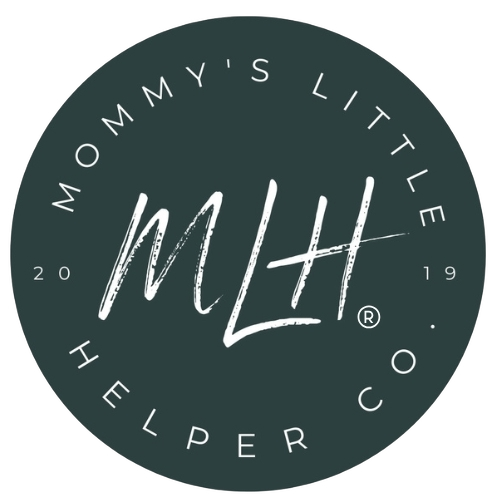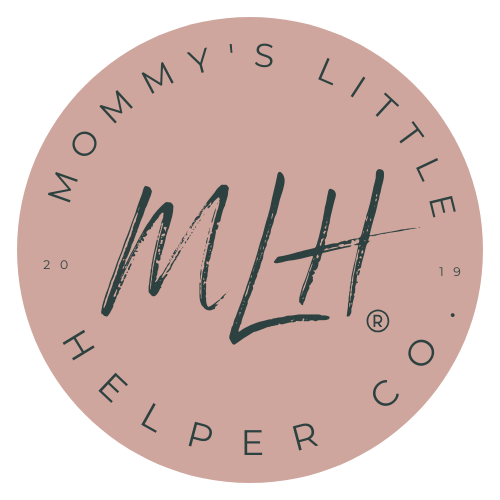
7 Different Types of Parenting Styles: Which One Are You?
Every family has their own rhythm when it comes to raising little ones. And that’s completely normal. There’s no “one right way” to parent. What matters most is that our children feel safe, loved, and supported as they grow.
Still, it can be helpful to understand the different parenting styles that experts talk about. It gives us a chance to reflect on our own approach and think about where we might want to make little adjustments. Are you ready? Let’s go!
1. Authoritative Parenting
This style is all about balance. You set clear rules but also listen to your child’s feelings and give them chances to be independent.
Example: You let your toddler help set the table even if the spoons end up where the forks should be.
Kids raised with this approach often grow into confident, capable decision-makers because they’ve been trusted from the start. It’s not about perfection; it’s about guiding while still allowing them to try, fail, and learn.
2. Authoritarian Parenting
Here, rules are strict and not often explained. The expectation is for children to follow without much discussion.
Example: “Because I said so” becomes the common answer.
Children raised in this environment may feel secure but can also struggle with confidence later on. Adding small moments of choice, even something as simple as “Would you like the red cup or the blue one?”, helps balance structure with autonomy. The Montessori method offers helpful tools to encourage this shift.
3. Permissive Parenting
These parents are loving and warm, but limits are less consistent.
Example: Saying “yes” to ice cream before dinner just to avoid a meltdown.
Kids in permissive homes often feel deeply loved, but without clear limits, they may test boundaries more often. A gentle “yes, but later” approach like, “Yes, we can have ice cream, right after dinner”, teaches patience while keeping the love front and center.
4. Uninvolved Parenting
Sometimes life gets overwhelming, and parents may unintentionally step back more than they’d like.
Example: A toddler spends most of their day playing alone without much guidance.
Even if you feel stretched thin, remember that quality time doesn’t need to be long or elaborate. Reading a short bedtime story, cooking together for ten minutes, or inviting your toddler to stir pancake batter can fill their little love tank and strengthen your bond.
Recommended Read: Why Quality Time Matters More Than Quantity For Kids
5. Montessori-Inspired Parenting
This one is close to my heart. The Montessori method encourages independence, respect, and hands-on learning.
Example: Using a learning tower so your little one can safely join you in the kitchen and do things like washing fruit, stirring batter, or just observing at your side.
Montessori isn’t about having all the perfect materials. It’s about creating opportunities for children to participate in real life. Simple routines, like letting your child pour their own water or choose their clothes, build confidence and a genuine love for learning.
6. Gentle Parenting
Gentle parenting focuses on empathy, respect, and understanding. Instead of reacting with punishment, parents guide their child through big feelings with patience.
Example: When your toddler throws a tantrum, you get down to their level, acknowledge their feelings (“I know you’re upset we can’t have cookies right now”), and calmly guide them to another activity.
Gentle parenting takes time and consistency, but it helps children develop emotional regulation and strong confidence in their relationship with you. It’s a natural companion to the Montessori method, where respect and connection are at the core.
Further Reading: Positive vs. Gentle Parenting: What’s the Difference?
7. Positive Parenting
Positive parenting emphasizes encouragement, connection, and focusing on what children are doing right instead of only correcting what’s wrong.
Example: Instead of saying “Don’t spill the water,” you might say, “You’re doing such a careful job pouring!”
This approach helps children thrive on encouragement while building resilience and self-worth. When children feel seen and celebrated, they naturally develop more independence and self-motivation.
Finding Your Fit
Most of us aren’t just one style. We shift depending on the day, the situation, and even our energy levels. And that’s okay. Parenting is a journey, and just by reflecting on how we show up for our kids, we’re already doing something wonderful.
At the end of the day, your child doesn’t need perfect parenting. They need you, showing up with love, presence, and a willingness to grow right alongside them.
A Helping Hand Along the Way
At Mommy’s Little Helper Co., we design products that make parenting a little easier while supporting your child’s independence. Every piece is made with care, durability, and your child’s development in mind. Take a peek at our collection and see how our helpers can fit into your parenting style. Shop now.




